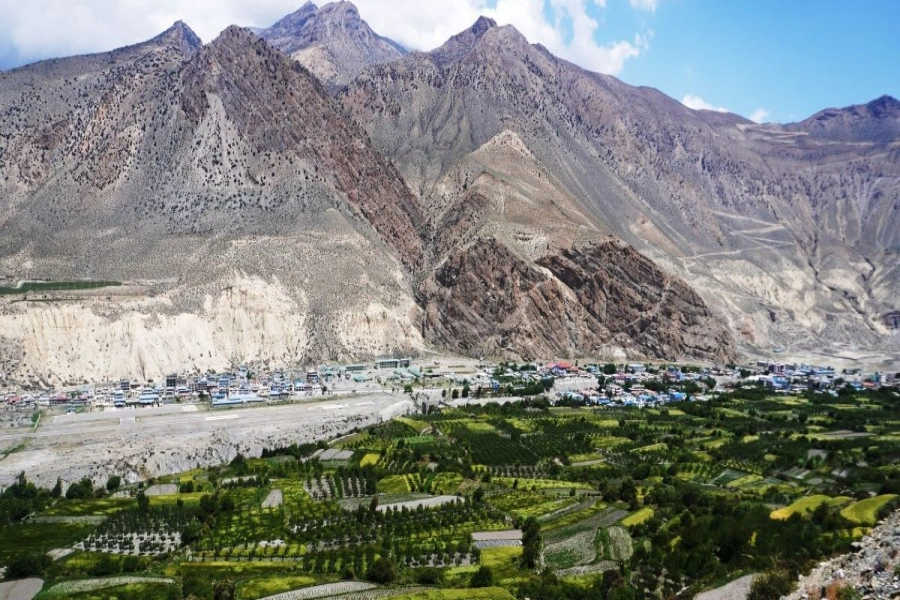Many assert that Nepal is a 'paradise' of corruption, making corruption and Nepal synonymous at this time. Such a situation could have been avoided with proper action against corruption. Political criminalization has elevated the country to the peak of corruption, causing chaos everywhere. Joining politics is often seen as a path to immunity from corruption. Despite the Commission for the Investigation of Abuse of Authority (CIAA) achieving partial success in recent graft cases, including the Lalita Niwas land-grab scam and corruption in the Melamchi Water Supply Project, this is just the tip of the iceberg. The CIAA's robust and effective role is anticipated to curb rampant corruption in all sectors of society.
This anti-graft body, established with the main objective of investigating corruption in the country and making the culprits accountable, celebrated its 33rd founding anniversary earlier this week. Complaints are heard routinely about the CIAA failing to carry out its mandated tasks or not functioning at all. While the CIAA as an anti-graft body lost its steam over the years due to political interference, especially after 2000, this body further lost its sanctity when Lokman Singh Karki was appointed as its head during the country's difficult political situation following the dissolution of the Constituent Assembly. The functioning of this body appears largely affected by the urges and prejudices, as the members of this body are appointed by parties in power as part of a power-sharing deal. Going beyond these challenges to create an environment where institutions can function will provide relief from the current state of affairs in the country.
CIAA seizes documents of PRIA amid allegations of financial irr...

Furthermore, the CIAA, established as a constitutional body to investigate and control corruption and misuse of authority by individuals holding public office, faces a changing landscape of corruption in terms of number, amount, and style, exacerbated by technology misuse. It must assimilate this reality and conduct investigations without fear or anxiety. During the 33rd Foundation Day ceremony of CIAA last week, President Ram Chandra Paudel emphasized bringing significant individuals involved in corruption under the law. It is evident that such work is challenging, given the CIAA's alleged dependence on 'nods' from ruling political elites to investigate and prosecute individuals. Officials at the CIAA should position themselves to investigate any person after their appointment.
Despite the clear mention of roles, duties, and rights in the constitution, the CIAA lacks the environment needed to ensure effective activity. Efforts made to reduce corruption in the CIAA’s nearly three and a half decades of existence have fallen short of expectations. The appointment process and the tendency to appoint ‘yes men’ have severely hampered its effectiveness. Additionally, the CIAA’s success is further hindered by the strong network of the corrupt, necessitating the strengthening of institutions to overcome this challenge. It is high time our political leadership chose to rise above their petty personal and partisan interests, mainly in the appointment of its office bearers, to facilitate it completing the mandated tasks. It is important for all stakeholders to recognize the fact that it is not solely the responsibility of the CIAA to ensure its effectiveness. The government must also play a role in creating an environment for its proper functioning. As the high expectations for change will remain unfulfilled until there is corruption, it is time for all stakeholders to work towards strengthening the CIAA not only through adequate human and technical resources but also through our support for all the work it does in controlling corruption.







































